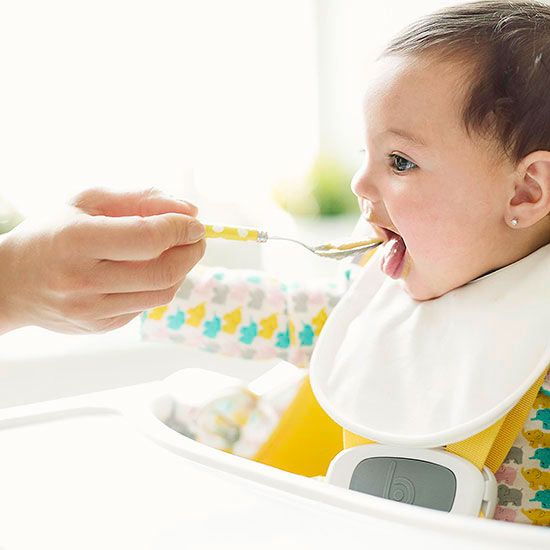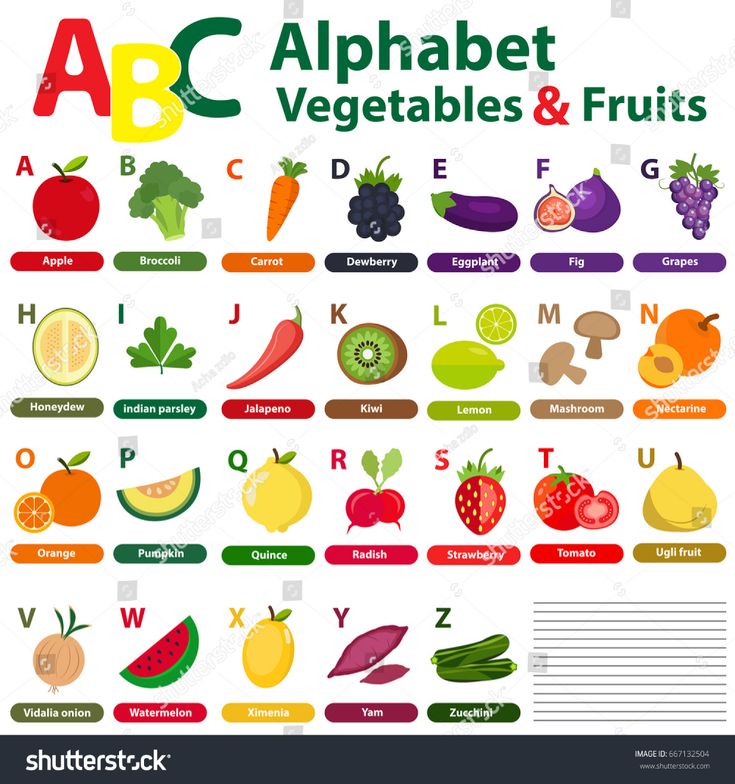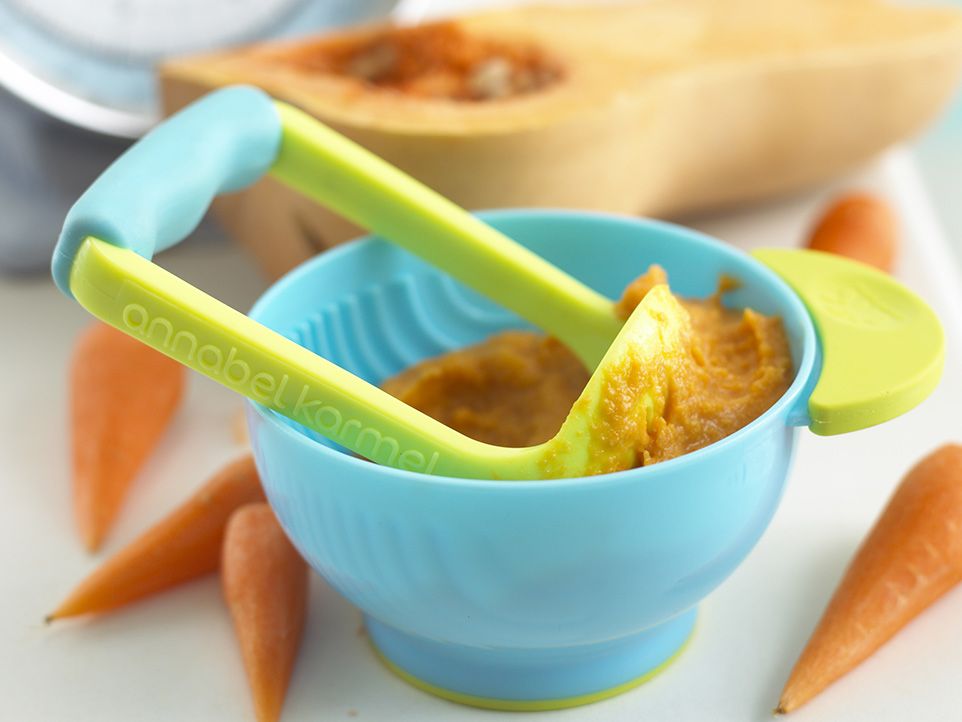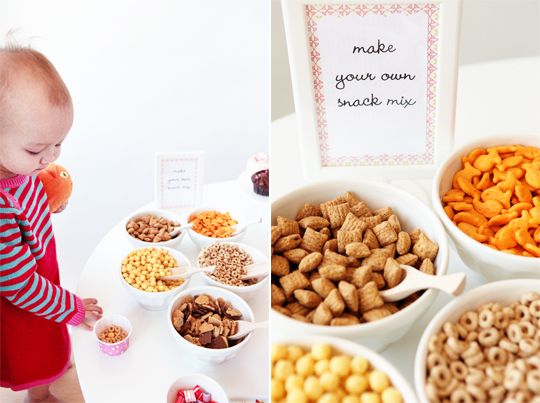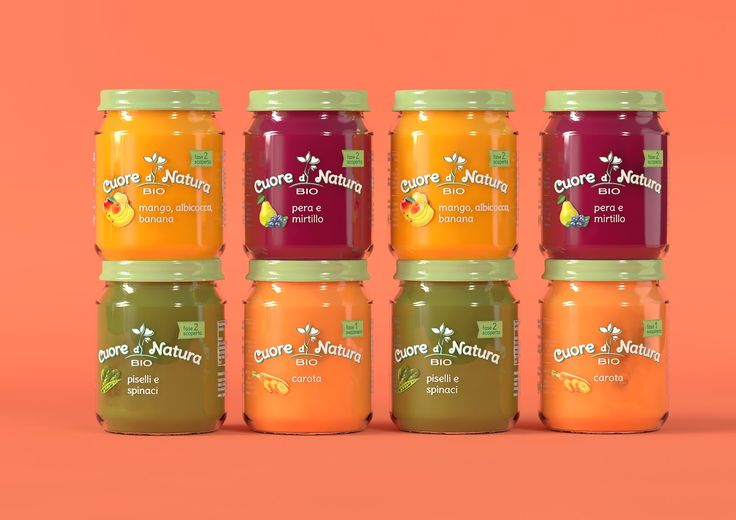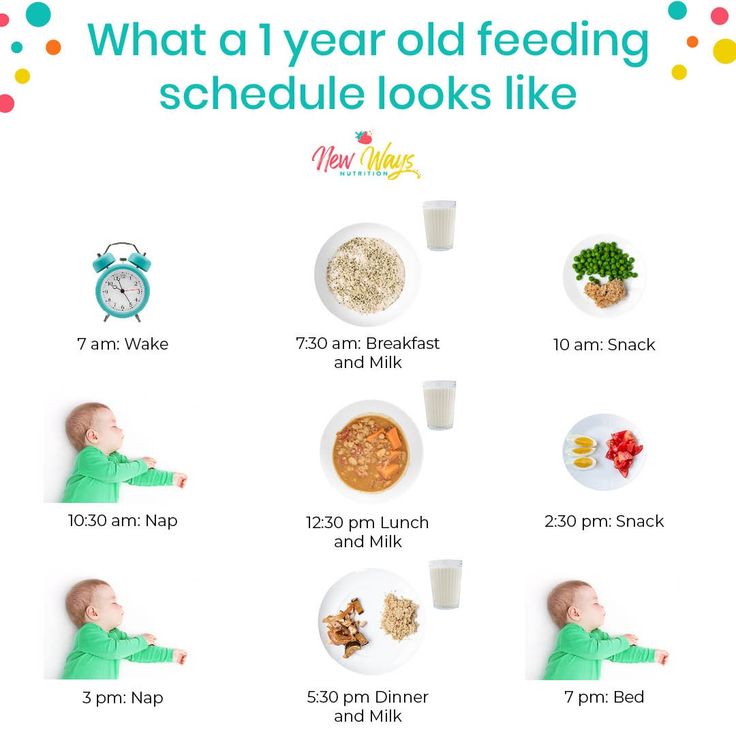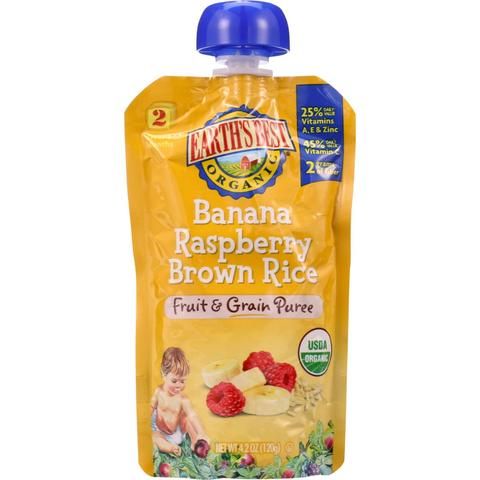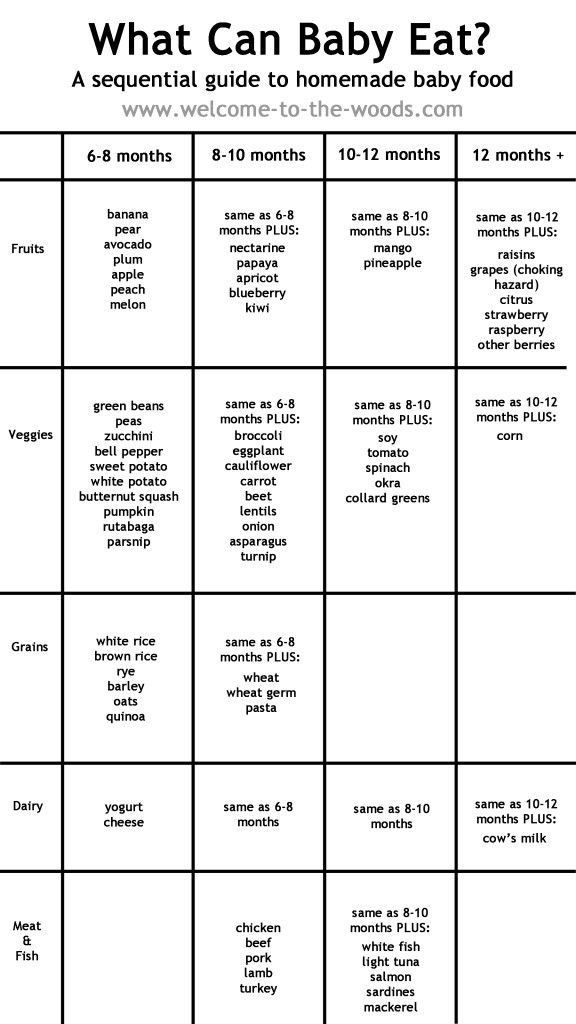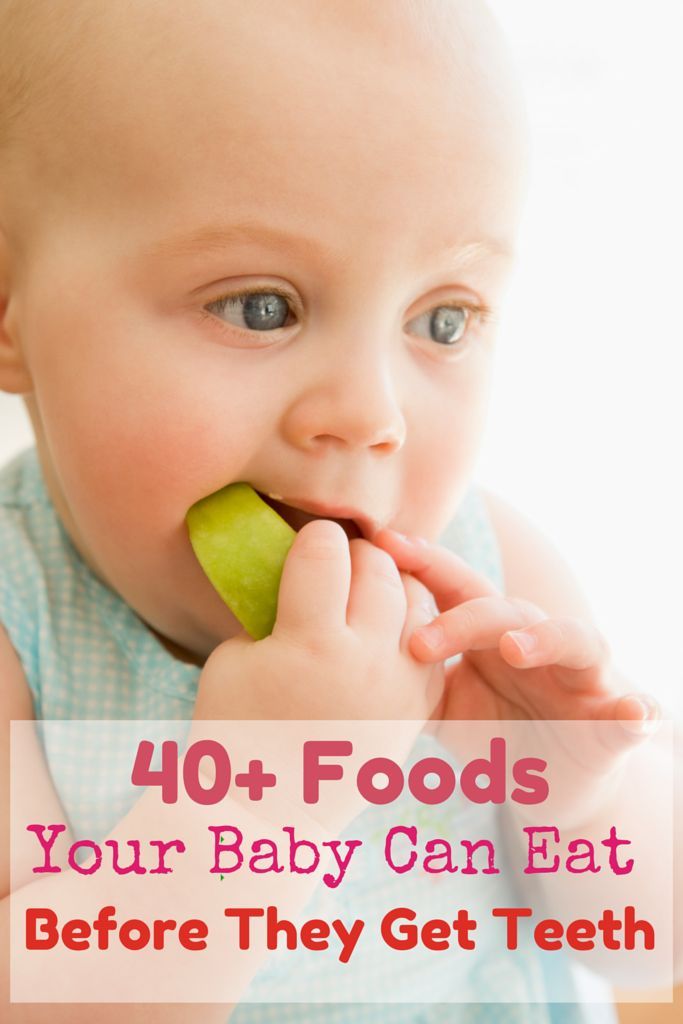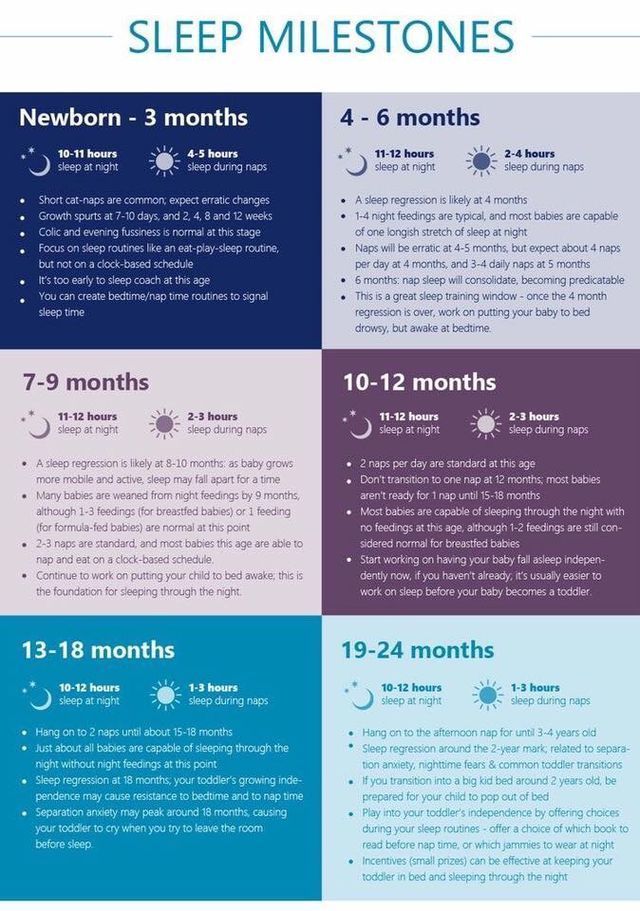Feeding baby abroad
Breastfeeding and Bottle Feeding - Fit for Travel
Travelling while breast or bottle feeding infants can be challenging, however, with planning it is possible.
Breastfeeding may prove more practical than bottle feeding as it avoids having to sterilise equipment and water. It is advisable to continue breastfeeding whilst travelling for both infant and maternal wellbeing. Exclusively breastfed babies, should generally not require additional water, even in hotter climates.
Air Travel
If you are intending to fly while carrying expressed breast milk, formula milk or sterilised water you need to plan in advance:
- if travelling with your baby you can take enough expressed breast milk, formula milk, sterilised water and/or baby food required for the journey. There is no legal limit to how much you can take however check with the airport before you travel
- airport staff may open containers of expressed breast milk, formula milk, sterilised water and/or baby food to screen the liquids at the security point
- The 100ml hand luggage restriction does apply to expressed breast milk, formula milk, sterilised water and/or baby food if you are flying without your baby
Vaccinations
In general, breastfeeding mothers and children should be vaccinated in accordance with routine recommended schedules. Vaccination of the mother will not protect the breastfed infant.
Live Vaccines and Breastfeeding
There is some evidence suggesting that live vaccine virus can be transmitted via breast milk to infants, however the advice whether vaccination is appropriate or not will be dependent on the particular vaccine being considered, the disease risk at your destination and the age of your baby. Expert advice should be sought before live vaccines are administered to women who are breastfeeding infants..
Inactivated Vaccines and Breastfeeding
Administration of inactivated (killed) vaccines is not known to affect breastfeeding, breast milk, or lactation.
Malaria Prevention and Antimalarial Medication
It is possible that very small amounts of malaria medication may be passed in breast milk to the child. This, however, will not provide protection against malaria; infants require their own prescription. if you are breastfeeding and travelling to malarious areas you must seek advice on suitable antimalarial medication for yourself and your baby from a healthcare professional.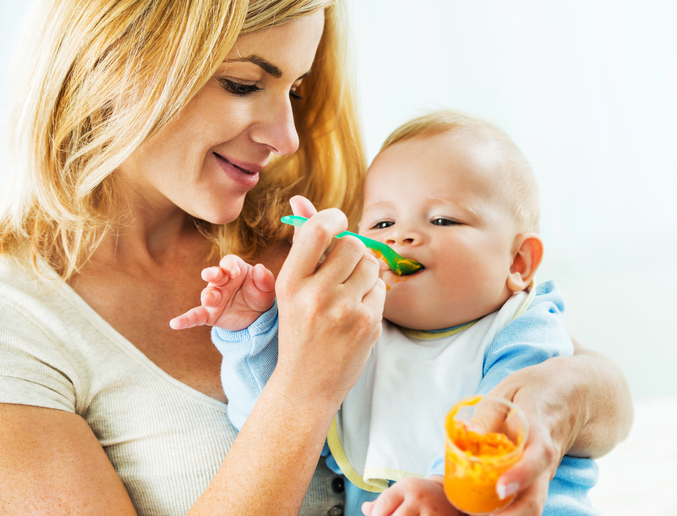
Whenever possible, infants and children should avoid malarious areas; they are at particularly high risk of malaria. Malaria prevention through awareness, insect bite avoidance and antimalarial medication is vital.
Infant Feeding and Bottled Water
Travelling while bottle feeding requires practical consideration prior to travel:
- you should consider taking supplies of formula milk, bottles and sterilising equipment with you as they may be unobtainable in the destination country
- good hygiene is imperative when making up bottle feeds as an infant’s immune system is not fully developed, meaning babies are more susceptible to infection
- the quality of tap water varies greatly from country to country. In many countries tap water is not safe for consumption
- When travelling with babies the use of bottled water is a more convenient and safer option for making infant formula feeds
Parents and guardians should observe the following rules when preparing bottle feeds abroad:
- bottled water may contain too much salt (sodium) or sulphate.
 If using bottled water to make up a feed, check the label to make sure the sodium (also written as Na) level is less than 200 milligrams (mg) per litre, and the sulphate (also written as SO or SO4) content is not higher than 250mg per litre
If using bottled water to make up a feed, check the label to make sure the sodium (also written as Na) level is less than 200 milligrams (mg) per litre, and the sulphate (also written as SO or SO4) content is not higher than 250mg per litre - bottled water is not usually sterile. It must be boiled before preparing the feed. Do not re-boil bottled water as this may concentrate sodium and sulphate levels.
- always check the seal on bottled water. If it is broken do not use it
- visually check bottled water. If it looks dirty it is not safe to use unless treated first.
- Further information is available on water purification.
back to top
Tips for Feeding Baby on Holiday
Feeding Baby on Holiday? It’s not so tough, honestly!
My daughter was 11-months-old when we took our first family vacation to Cuba. At first I was overwhelmed with the thought of bottles, formula, jars, and bibs taking up all of our luggage allowance and all of my time while supposedly on holiday.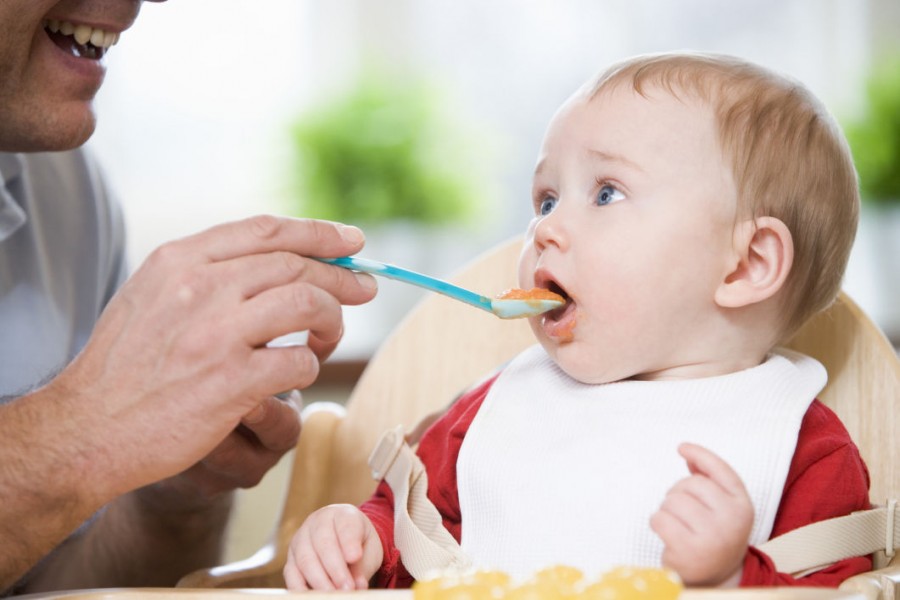
However, like all good vacationers at an All-Inclusive resort, she came home a few pounds heavier! All my worrying was for naught but my organization wasn’t.
If you prepare well, you will be fine. Feeding baby on holiday will be no more difficult than feeding baby at home… Except, hopefully, you’ll be sipping a well-earned cocktail!
Feeding baby on holiday if you are still exclusively breastfeeding:
If your baby is still exclusively breastfeeding, you might want to re-think the cocktail (or at least the number you consume!) but essentially, so long as you’re there, the baby can eat!
Having said that, there are still a number of things you need to make sure of:
- Make sure you are properly hydrated, especially if your holiday destination is hot! If you need extra fluids, chances are your baby will too – offer extra feeds if necessary. If the water supply is even remotely suspect – stick to bottled water and refuse ice cubes. A worrywart like me might use bottled water to rinse herself after bathing – but that’s just me…
- Make sure you don’t overdo it.
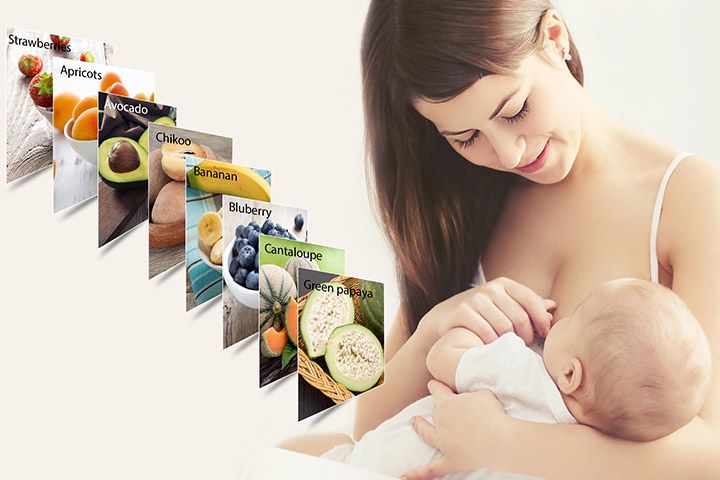 Hike up that pyramid or down that steep trail on a future getaway. Take this holiday at a slower pace with lovely walks and easygoing sightseeing – along with lots of naps and rests. Your energy level (and your milk supply) will thank you.
Hike up that pyramid or down that steep trail on a future getaway. Take this holiday at a slower pace with lovely walks and easygoing sightseeing – along with lots of naps and rests. Your energy level (and your milk supply) will thank you. - Make sure you eat properly. If your destination requires that you be cautious with food – heed that caution. The old saying from the Peace Corps is “if you can’t peel it or heat it, don’t eat it.” There’s no need to be uptight, but stick to foods that you know your system likes. You can try that road-side taco stand on your next trip to Mexico!
I chose to wait until my daughter was finished nursing before traveling with her, simply because there was no swimsuit known to man that could possibly contain me. Having said that, if you’re up for it when your baby is still really small and portable, it’s probably the least complicated time to get away.
CLICK HERE for more on breastfeeding and travel
Feeding baby on holiday if using bottles or baby is exclusively bottle-fed:
Here is where things start to get a little more complicated – but no more so than bottle feeding at home.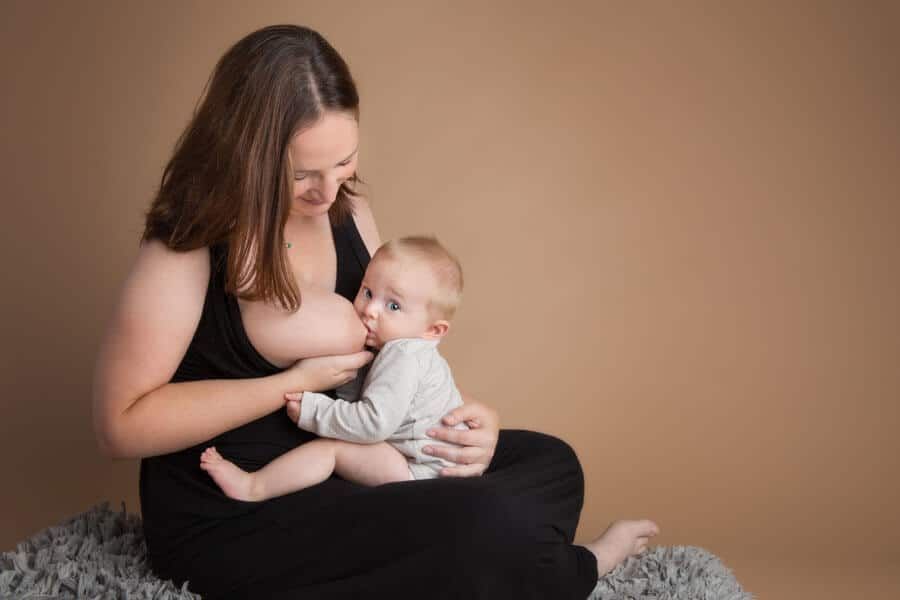 Gear starts to become necessary at this stage. So does choosing accommodation that will make your life easier…
Gear starts to become necessary at this stage. So does choosing accommodation that will make your life easier…
- Find out if where you’re staying has a kitchen or a kitchenette. If it does, book it! You definitely need a mini-fridge at this stage and a microwave would be super-handy as well. If you do have access to a microwave, bring along one of those microwavable sterilizers. A quick once-through once a day will keep all your bottles, nipples, pacifiers, and other sterilizable things sterile. Now there are also bags to sterilize in the microwave as well. If the place has a kettle, or a stove and a pan, you could just use that for boiling water but it isn’t as easy. However, sterilizing bottles in a hotel room is really not a big deal.
- If it’s just a plain old hotel room with a fridge – never fear! So long as you have a sink and bring along a kettle (check for voltage issues) you can sterilize your stuff. If your baby takes the bottles with the plastic drop-in – you’ll have even less sterilizing to worry about.
 Now might be the time to introduce those bottles! Also, now might be the time to introduce formula or breastmilk from the bottle at room temperature. If your baby is already used to it, you don’t have the worry or bother of heating bottles. This made giving our baby’s bottle very easy. We just opened a fresh bottle of water to mix her formula. Make sure the bottled water has less than 20mg of Sodium per litre.
Now might be the time to introduce those bottles! Also, now might be the time to introduce formula or breastmilk from the bottle at room temperature. If your baby is already used to it, you don’t have the worry or bother of heating bottles. This made giving our baby’s bottle very easy. We just opened a fresh bottle of water to mix her formula. Make sure the bottled water has less than 20mg of Sodium per litre. - If you are 100% sure that you can get the same brand of formula that your baby takes at your destination, than maybe you can get away with bringing enough for a few days. If you’re not, than bring enough for the duration of your trip + a little extra, just in case. Separate it among all of your luggage, so if one bag does end up lost, it’s not the one with ALL the baby’s formula. That tip applies to all the baby supplies, actually.
- Remember to pack a little bottle of dish soap, even if your accommodation says they supply it. We let our bottles and nipples air dry on a clean towel.
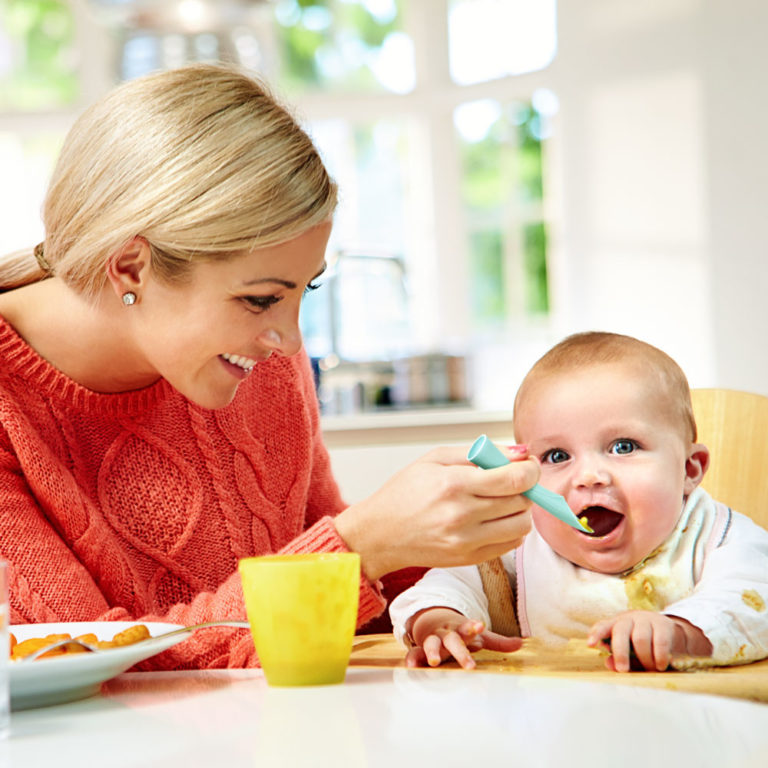
- If you’re bringing a breast pump, make sure there will be no voltage issues at your destination and all the sterilizing information above applies to the pump components as well. When I was pumping, some told me that I didn’t need to sterilize my breast pump parts, but I did anyway.
CLICK HERE for more on travel and bottle feeding
Feeding baby on holiday if your baby is on solids:
Starting solids is a big deal! That said, the amount they actually eat at first isn’t very much. You can get away with bringing a few jars and a box of cereal. Don’t forget a few bowls and spoons, as well as a wipeable bib or ten. While you’re away from home, though, I wouldn’t introduce a new food.
If your baby is solidly on solids, than your luggage will get a whole lot heavier. Cereal is a great staple and is nutritionally sound, so bring a couple of boxes in different varieties. It’s easy to mix with bottled water. If you’re certain that you can buy quality baby food at your destination, just bring along a few favourites that you know your baby will eat.
Some restaurants and resorts will be happy to puree some vegetables or fruit for you. Make sure they don’t add salt or any other flavorings. If baby is already into finger foods, here is where a buffet becomes your friend. There is always plenty of bread, well-cooked pasta, and other soft things they can feed themselves. Again, I wouldn’t introduce anything new.
My daughter was eating lots of table food when we went to Cuba, and feeding her from the buffet couldn’t have been easier. I’m not really a foodie, so I didn’t mind the food for myself, either. She absolutely loved the ham and cheese toasties from the snack bar at the hotel, as well as the peas cooked in way more butter than Mommy ever would!
Useful Tips:
I packed a meal per day of something I knew she’d eat, two boxes of cereal, a box of crackers, and some pureed fruit in the little plastic cups with foil lids. I was worried the cups would explode in our luggage so I put them in a large Tupperware. They didn’t explode and the Tupperware came in handy to hold all the feeding stuff that needed washing at the end of the day. I also packed some small Ziplocs and containers to hold snacks and leftovers from the buffet. They came in handy for us as well as for her! We also brought along some inexpensive sippy cups for her water, and I washed those at night as well. Families with toddlers we met there said their little ones were just fine drinking the local milk.
They didn’t explode and the Tupperware came in handy to hold all the feeding stuff that needed washing at the end of the day. I also packed some small Ziplocs and containers to hold snacks and leftovers from the buffet. They came in handy for us as well as for her! We also brought along some inexpensive sippy cups for her water, and I washed those at night as well. Families with toddlers we met there said their little ones were just fine drinking the local milk.
A couple more things…If you’re not sure that the restaurants you’ll be eating at will have highchairs, your stroller will do in a pinch (ie – it’s handy to bring a stroller!). You can buy portable high chairs, but that’s one more thing you’ll have to bring. There are little cloth wraps that you can use to help support your baby on a regular chair. But you can’t be sure the restaurants will have chairs stable enough. Bring a stroller, even if it’s just a cheapie umbrella one.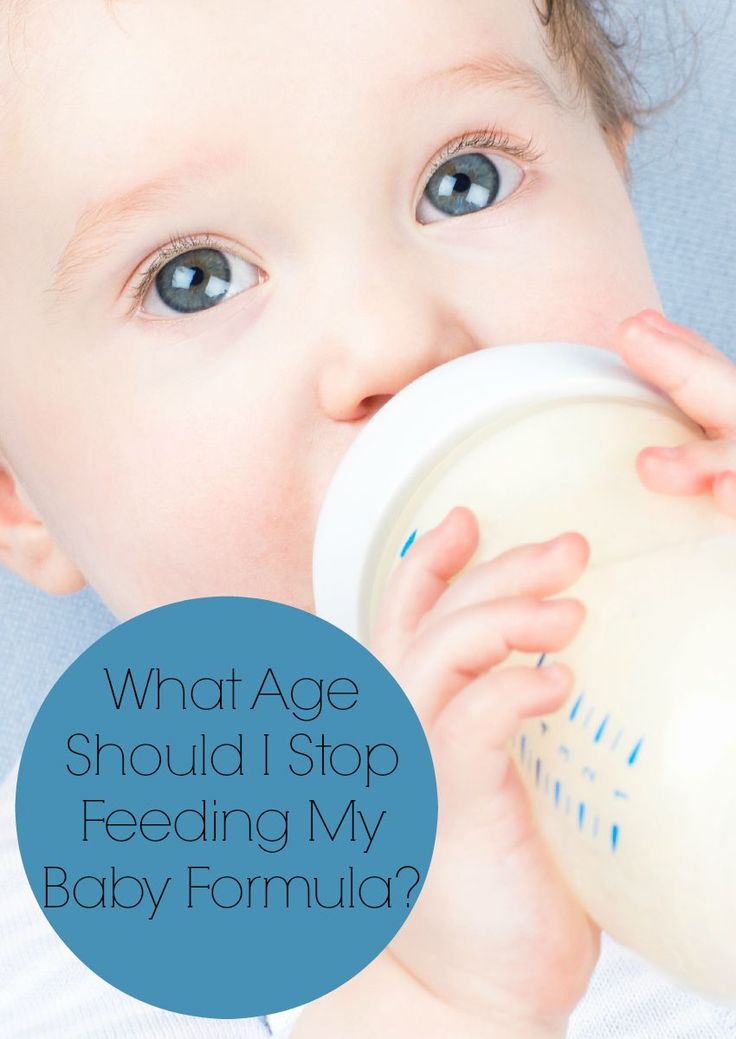 If you’re worried about overweight charges for your luggage, there are companies out there that will ship all your pre-selected supplies to your hotel. Just compare the possible overage fees to the cost of using such a company.
If you’re worried about overweight charges for your luggage, there are companies out there that will ship all your pre-selected supplies to your hotel. Just compare the possible overage fees to the cost of using such a company.
Feeding baby on holiday when you’re concerned about food allergies:
We are very fortunate not to have food allergies in either of our families. But I was still very cautious when it came to introducing (possibly) troublesome foods to my daughter. Imagine my inner-panic when I noticed that the (what I thought was) pasta and tomato sauce my daughter had greedily consumed by handfuls actually had mussels in it. We were lucky because she was fine.
That said, I would never have knowingly taken that risk and have been EXTRA careful as a result. I also caution that away from home is not the time to introduce new foods. You just never know and why take a chance? Be sure to pack some baby antihistamine, just to be safe.
If you know your baby has allergies, fear not – you can still go away! You just have to be as vigilant on the road as you are at home.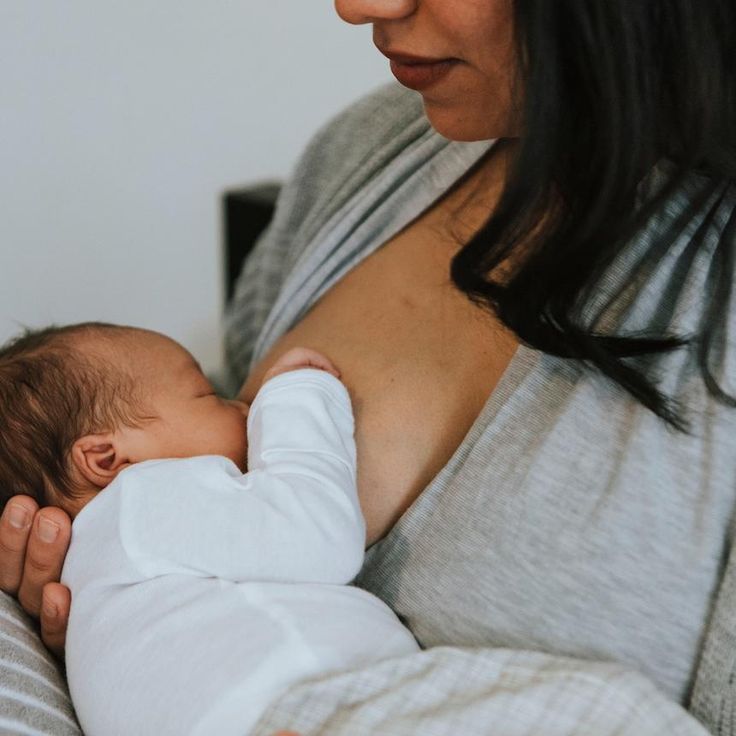 Bring essentials with you, unless you know for certain that you can buy your special formula, soy milk, goat milk or other necessities at your destination. For travel, you can buy the various milks in sealed containers that don’t require refrigeration until opened – heavy, but worth it.
Bring essentials with you, unless you know for certain that you can buy your special formula, soy milk, goat milk or other necessities at your destination. For travel, you can buy the various milks in sealed containers that don’t require refrigeration until opened – heavy, but worth it.
If English isn’t widely spoken where you’re going, and you don’t speak the language, learn a couple of key phrases explaining the allergy and emphasizing the importance of your situation. You can also write or buy cards with this information, and there are apps now too.
Get packing!
Your entourage has grown and your pile of bags is bigger. But you can still enjoy a vacation with your baby or toddler!
There’s a little more work involved, but what’s a few bottles to wash when you’re on holiday?! The thought of feeding my baby truly did stress me out before we went. But it was so much easier than I thought it would be. I want to encourage every family to enjoy a getaway together. Because you all deserve it!
Have Baby Will Travel is a participant in the Amazon Services LLC Associates/Influencer Program. If you make a purchase through this site, we may receive a small commission. Click here to check out our Amazon Store.
If you make a purchase through this site, we may receive a small commission. Click here to check out our Amazon Store.
See Also:
- Bottle Feeding Travel Tips
- Tips for Travel with a Breastfeeding Baby
- Tips for Travel with a Breast Pump
- Ultimate Baby Travel Tips List: Eating
- How to Sterilize Baby Bottles in a Hotel Room Sink
How to arrange meals for a child abroad
- Tips
- Katyuhis
- Add to favourites
katyuhis
The appearance of the baby makes adjustments to family life. If a young couple is used to spending holidays abroad, it is not necessary to give up vacation, but you will have to prepare for it in more detail.
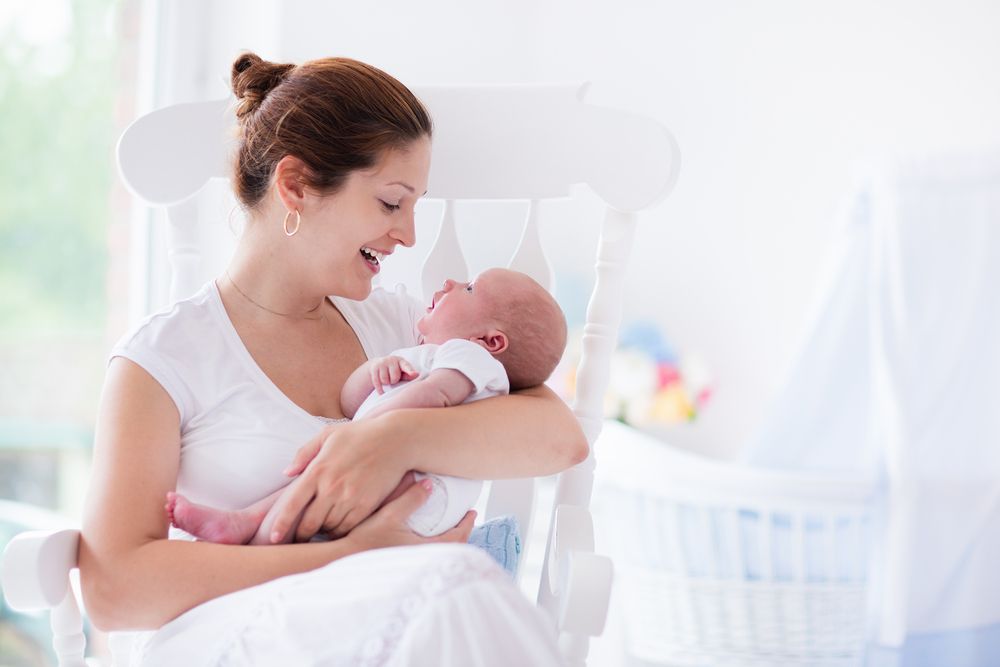 In addition to possible problems with acclimatization and flight, parents are often concerned about the issue of catering for a small tourist abroad. nine0023
In addition to possible problems with acclimatization and flight, parents are often concerned about the issue of catering for a small tourist abroad. nine0023
Preparation is the key to a comfortable restChildren's digestive system is not perfect, as it is in the process of formation. Therefore, any change in the products that make up the main diet can lead to violations.
The primary task on vacation abroad is to provide the child with food that is as close as possible to his usual diet.
Choose a country
When planning a trip with a child under 2 years of age, it is better to refuse to visit exotic countries. Such a vacation is associated with a large number of difficulties, primarily related to the nutrition of the baby. nine0023
Bulgaria, Greece, Italy, the Baltic countries, Croatia, Montenegro are perfect for traveling with young children. European cuisine is presented in local hotels, more familiar and understandable.
 In addition, you will always find high-quality baby food in the supermarkets of these countries.
In addition, you will always find high-quality baby food in the supermarkets of these countries. Today's popular holiday in Turkey and Egypt is suitable for young travelers from 2-3 years of age. When choosing a hotel, consider the peculiarities of the menu: in addition to local cuisine, be sure to check the availability of traditional European dishes. nine0023
If a vacation in a distant exotic country is important to you, get ready to carry a hefty supply of baby food with you: even the usual dishes prepared in a "prosperous" hotel in all respects using local water, products and spices can cause the baby has an unpredictable reaction.
Pediatricians and pediatric gastroenterologists often experience what is known in medical circles as "traveler's diarrhea". This pathological condition develops during or after visiting countries where sanitary and hygienic standards differ from those in their homeland. According to doctors, the most unfavorable in this respect are South and Southeast Asia, Central America, and many African countries.
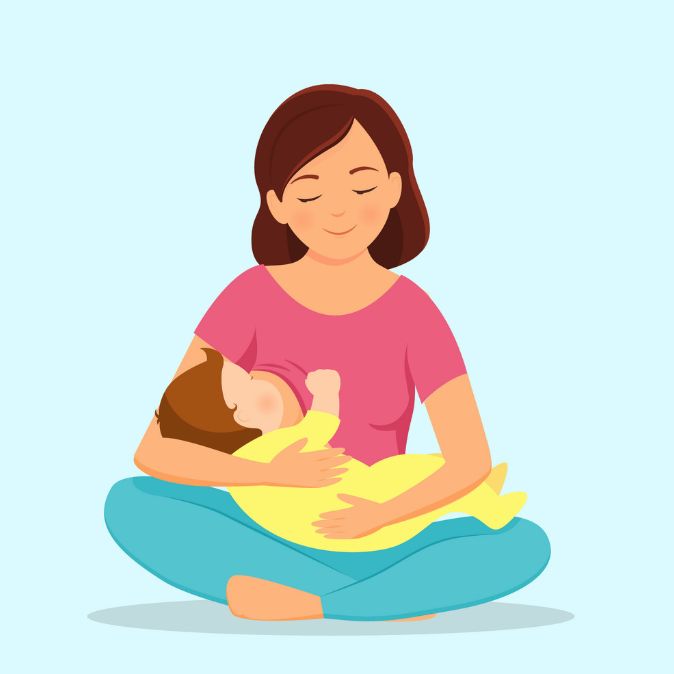 nine0023
nine0023 Living conditions
Many families with small children solve the issue of food by renting apartments with a separate kitchen. Thus, the mother has the opportunity to cook the usual dishes for the baby herself.
Tip: if your travel budget does not allow you to rent a fully equipped apartment, take kitchen gadgets from home (small slow cooker, blender) and a small supply of cereals that you may not have in a new place (for example, buckwheat).
When choosing to stay at a hotel, please note that under the wording "children's menu" the standard fast food is often hidden: french fries, cola, hamburgers and sausages. Therefore, look for the “diet cuisine” option: the dishes presented here are more suitable for a young tourist.
Please note that buffet meals do not always mean food suitable for young children.
Organization of children's meals on vacationWhat to take with you
Wherever you go in the world, in any case, you should take the minimum amount of food familiar to a child.
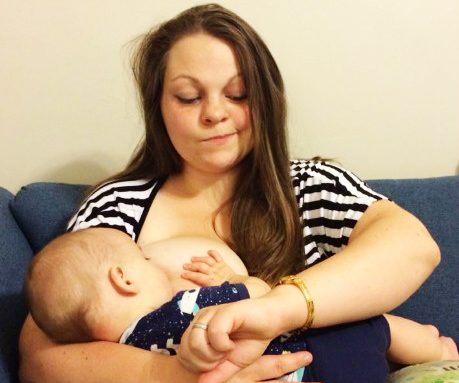 In the first days of vacation, spending time and nerves looking for a treasured jar of mashed potatoes in an unknown area is a thankless task, even if we are talking about a civilized European country.
In the first days of vacation, spending time and nerves looking for a treasured jar of mashed potatoes in an unknown area is a thankless task, even if we are talking about a civilized European country.
In addition to canned food, bring along a supply of dry cereals and mixtures.
If you are traveling with a toddler under the age of 2, bottled water is a must. The use of familiar water in the first days of being abroad will facilitate the adaptation of the baby's digestive system to new conditions. This is especially true for holidays in exotic countries. nine0046
According to the rules of air transportation, when traveling with a child, you can carry baby food as hand luggage in any amount, based on the needs of the baby during the flight. It is not subject to weighing, registration and registration, is not marked with tags.
Buying baby food abroad
If your holiday lasts longer than a week, you will most likely need to buy baby food from a local retail chain.
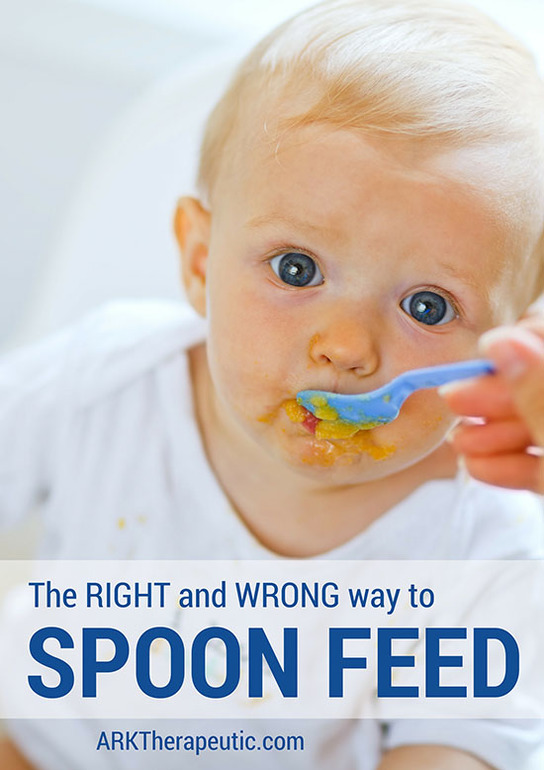
In front of a showcase with jars and boxes full of inscriptions in an incomprehensible language, one can get confused. nine0023
Pay attention to the labels: most often they show vegetables and fruits from which food is made. If you cannot determine what exactly is drawn (perhaps it is a local fruit or vegetable not common in our country), discard this option. Follow the mushroom picker's rule: if you doubt a find, don't take it!
Important: in different countries, the contents of jars with identical filling are different, as they are made from different raw materials. Therefore, give your child locally produced baby food, using the rule of complementary foods: in small portions and in the morning, in order to be able to follow the reaction of the body. nine0041
Look on the packaging for information about the age at which you can give the product to your baby, as well as the expiration date. This information is usually indicated by numbers.
In addition to jars and boxes, don't forget to buy bottled baby water.
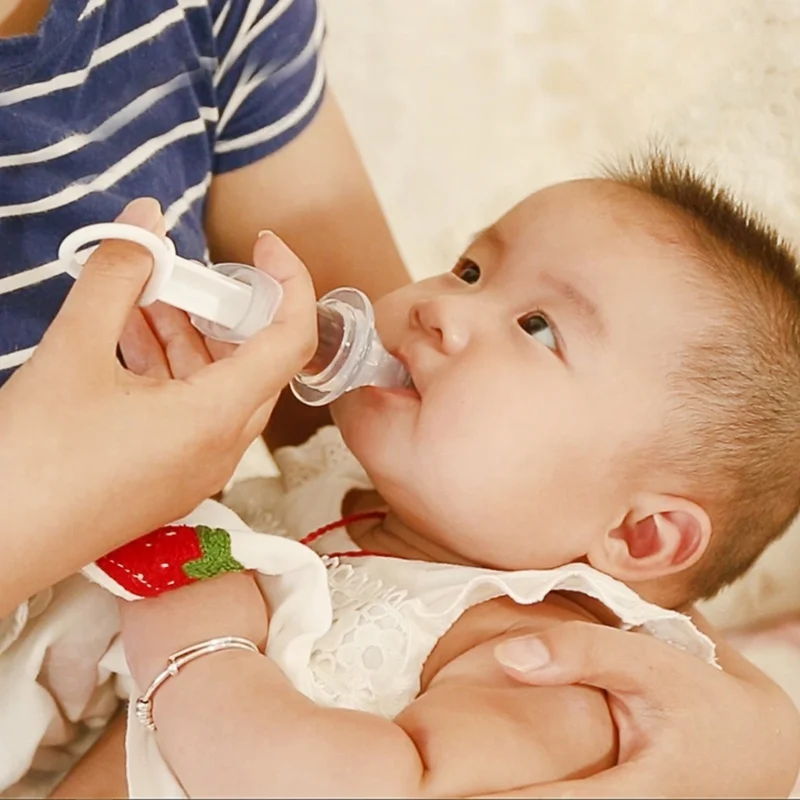
How to choose ready-made meals at the hotel
If the hotel offers buffet meals, choose dishes familiar to the child from the presented assortment: boiled potatoes, pasta, cereals from familiar cereals, fish (not exotic), cooked on steamed or baked, boiled chicken meat, products made from thermally processed cottage cheese: casseroles, cheesecakes. nine0023
It is better if the dishes are one-component: avoid complex options with difficult to determine the composition. The use of hot and fatty sauces, hot spices and spices is unacceptable.
If the hotel offers a diet option, choose this option.
If the baby is breastfed
Traveling with a baby imposes restrictions on the mother's diet. If you are breastfeeding, new foods in your diet can cause unpredictable reactions in your baby, including food allergies and digestive problems. Therefore, avoid complex national dishes, fatty, spicy, spicy foods, exotic fruits and vegetables. nine0023
Air travel and acclimatization can lead to reduced breast milk production, so take a small supply of formula with you.
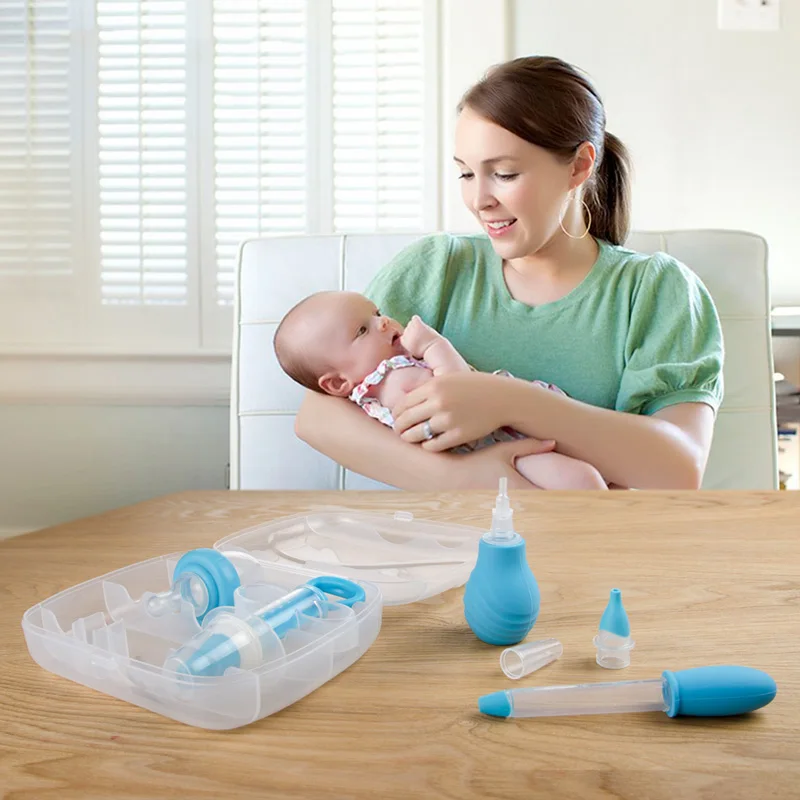
Forbidden
In order not to overshadow the rest, remember: there are products that cannot be included in the menu of a young tourist:
- Dishes of national cuisine, especially spicy, fatty, made from components with which the child is unfamiliar. For example, most national Indian dishes are prepared with a lot of oil and spices. nine0004
- Local fruits and vegetables. Older children (after 2 years) can be given these products, following the rules recommended by pediatricians: in small quantities, in the morning and one kind at a time. If the tasting went well, only then offer the child something new. Allergists warn that the reaction of the child's body to a new product may appear after 1-2 days, so do not force things.
- Carbonated soft drinks.
- Products sold by street vendors (especially in markets and beaches). nine0004
- Exotic fish and seafood.
- Local dairy products from spontaneous markets.
In addition to serious digestive disorders, almost all of the listed food groups can cause a severe allergic reaction in a baby.
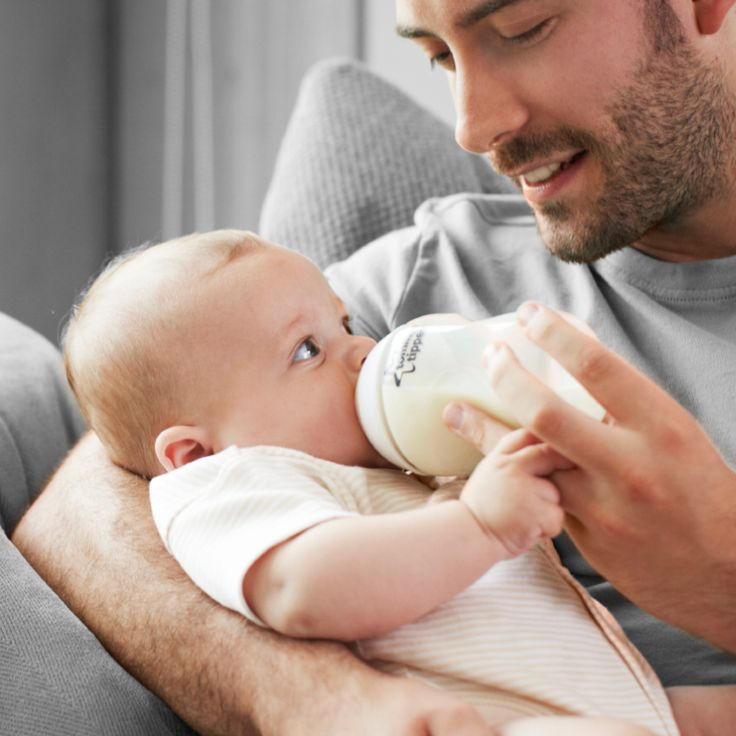
According to allergists, from the list of foods that most often cause allergic manifestations in children, the leaders (90%) are fish and cow's milk.
Water is a hazardous product
Unhygienic drinking water is no less dangerous for a small child than unfamiliar food. If in European countries the quality of drinking water is controlled by the state, then in exotic countries the situation is different.
According to Water.org, a non-profit organization involved in supplying drinking water to developing countries, popular tourist destinations where tourists are strongly discouraged from using tap water include India, Cambodia, Laos and Haiti. nine0041
Give your baby only bottled water for baby food. You can also use it to wash fruits and vegetables. The use of tap water for these purposes is excluded. To wash children's hands, use at least boiled water, and ideally, the same bottled water.
If you're traveling with an older child and have a refreshing fruit smoothie in their diet, check out the ice cubes used for a spectacular serving.
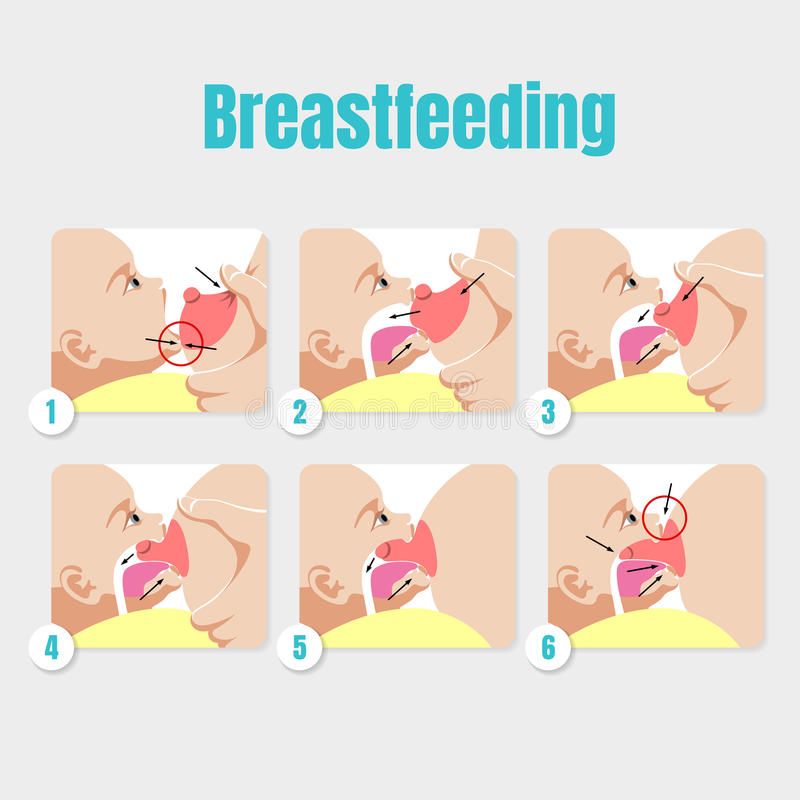 There is a risk that they are made from water that does not meet sanitary and hygienic requirements. Therefore, limit yourself to a drink without ice cubes. nine0023
There is a risk that they are made from water that does not meet sanitary and hygienic requirements. Therefore, limit yourself to a drink without ice cubes. nine0023 Let your vacation be filled with only pleasant surprises!
Tatyana Koroleva
"Can he have a mango?". How and what to feed your baby while traveling
Traveling with a baby is a challenge. And the nutrition of a child on a trip is even more so. Should I give my child local fruits and vegetables? And take a supply of complementary foods with you? They tell in the FrutoNyanya blog.
The answers to these questions depend on a number of factors. Therefore, when going on vacation, it is important to take into account the age of the child, his daily diet, as well as the place where the family goes on a trip. nine0023
Feeding infants on the road
If the baby is under six months of age and is breastfed, then there should be no problems with nutrition while traveling. All he needs is his mother by his side.
 For convenience, you can stock up on various accessories for feeding in public places. For example, clothes with cutouts or nursing secrets, aprons or a muslin cape. Today, almost all airports in major cities and many shopping centers have mother and baby rooms where you can feed your baby. nine0023
For convenience, you can stock up on various accessories for feeding in public places. For example, clothes with cutouts or nursing secrets, aprons or a muslin cape. Today, almost all airports in major cities and many shopping centers have mother and baby rooms where you can feed your baby. nine0023 Parents of artificial and mixed-fed children will have a harder time. It is important to understand whether it will be possible to replenish the supply of the mixture at the place of rest, so as not to take a large supply with you. If yes, you need to take with you the amount required for 24-hour feeding on the road, plus an additional 3-5 days of travel. This is necessary in case of delays and cancellations of flights or other transport delays.
Photo: Miljan Zivkovic / shutterstock / fotodomTake a bottle and a travel sterilizer with you. It is most optimal to use the mixture in packages designed for one feeding; it is convenient to take such bags with you in your hand luggage.
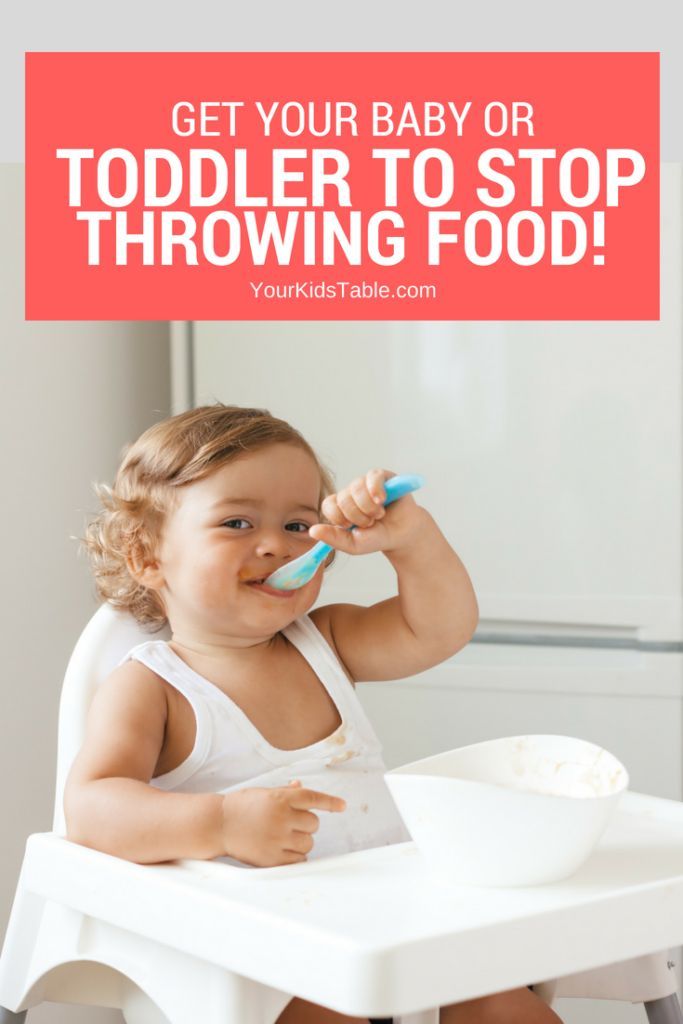 It is best to take on the road a new dry mix in a closed package. You can store and transport it at room temperature, it is important not to keep the package in the sun. nine0023
It is best to take on the road a new dry mix in a closed package. You can store and transport it at room temperature, it is important not to keep the package in the sun. nine0023 It is not recommended to take the prepared mixture with you, as it requires strict adherence to special storage rules:
- The container with the mixture must be sterilized;
- Preserve formula must not come into contact with the baby's saliva before. If part of the mixture remains after feeding, then it must be poured out. Such a product is not subject to storage;
- When storing the mixture, the temperature in the refrigerator should not exceed 5-7 °C.
Do not forget about clean bottled water in the amount necessary for the trip. Water "FrutoNyanya", designed specifically for children, is perfect for diluting infant formula. It does not require boiling, and bottles in 0.33 format are equipped with a special convenient spout that makes it easy to water a child on the road.
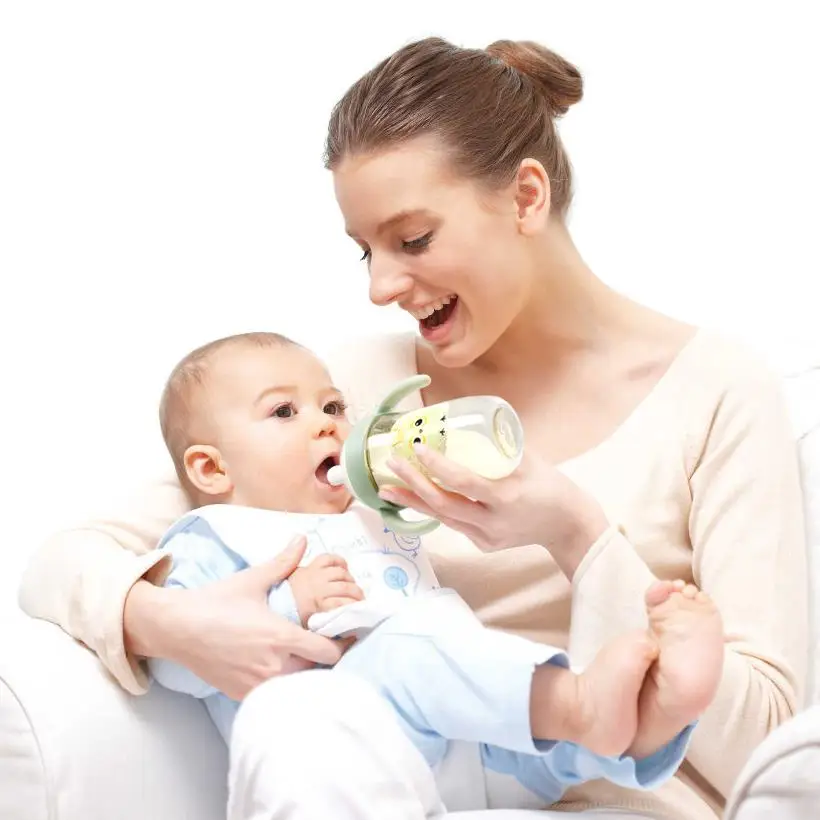 At the resort, it is also better for formula-fed babies to dilute the formula with bottled water. It is important to ensure that the integrity of the cap and bottle is not broken, and that the bottle itself contains marks that the water is suitable for baby food. nine0023
At the resort, it is also better for formula-fed babies to dilute the formula with bottled water. It is important to ensure that the integrity of the cap and bottle is not broken, and that the bottle itself contains marks that the water is suitable for baby food. nine0023
Feeding for children from 1 year old while traveling
Children under one year old and older who have already begun to introduce complementary foods into the diet, you need to take with you a supply of familiar foods for the first time. It is undesirable to introduce a child to new products a few days before the trip and in the first days of the trip: this is fraught with indigestion or an allergic reaction.
The most convenient food option for children under 3 years of age while traveling is prepared baby foods. Industrial food is the safest for feeding on the go: thanks to the sealed packaging, germs will definitely not get into it until the lid is opened. In addition, manufacturers of baby food are required to carefully control the quality of products from shelf to counter.
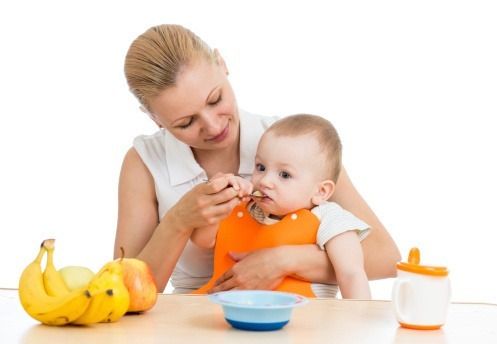 Mom and dad do not need to spend time cooking, you can enjoy the happy moments of family vacation. nine0023 Photo: Anna Nahabed / shutterstock / fotodom
Mom and dad do not need to spend time cooking, you can enjoy the happy moments of family vacation. nine0023 Photo: Anna Nahabed / shutterstock / fotodom The gastronomic preferences of children abroad can differ significantly from those we are used to: in some foreign countries it is difficult to find zucchini puree, so popular for the first feeding in Russia. It is important to strictly follow the rules for introducing new products in relation to unfamiliar components of foreign purees or local exotic fruits and vegetables.
For the first time, take with you foods that are already familiar to your child and that you are sure are safe: these can be dry cereals, baby cookies, vegetable, meat and fruit purees, as well as your favorite juices and drinks, depending on the age and diet of the child. For a snack by the sea or a walk, you can take healthy snacks without added sugar - bread, corn sticks, fruit pieces and other goodies that are produced by children's brands. Baby food can also be bought on the spot, but it is important to remember that acquaintance and transition to new products must be carried out gradually, over 3-5-7, and sometimes 10-14 days, based on the individual characteristics of your child's health.
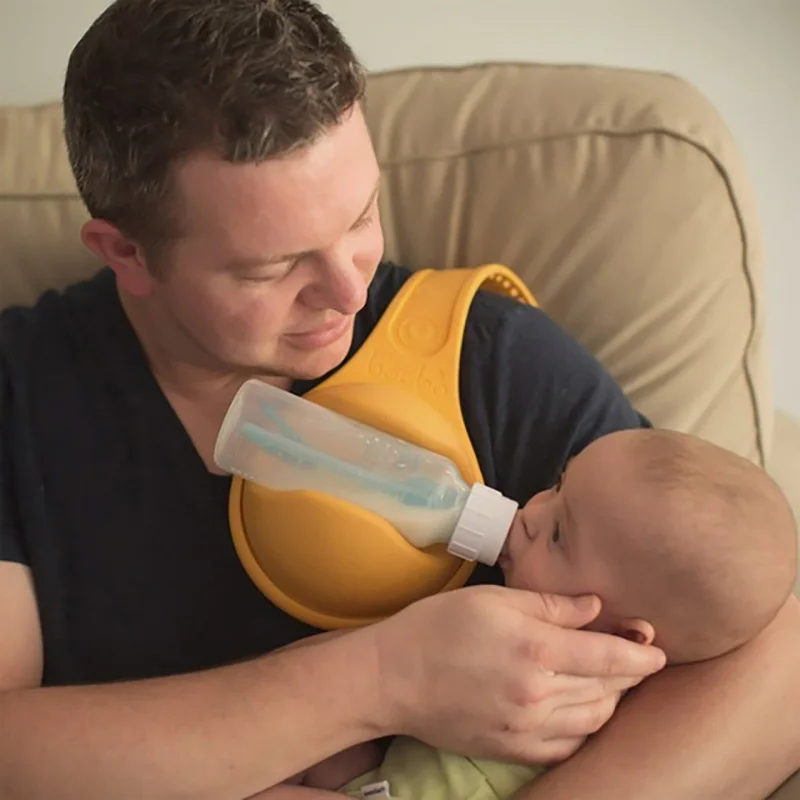 nine0023
nine0023 Do not take with you when traveling and on the road:
- Dairy and sour-milk products that should be stored only in the refrigerator;
- Perishable goods;
- Products with expired or damaged packaging.
5 tips for parents who are thinking about how to organize their child's meals while traveling:
- Think through all the issues with feeding and feeding the child in advance. Try to plan your life in advance, study local forums, ask acquaintances and friends who have already been with a child in this place what to look for. nine0004
- Check the availability of stores and children's products in another city, country, make sure you can buy the necessary products.
- Take your usual baby food with you for the first few days to help your child adapt to the new environment. Don't forget to buy baby water for the trip.
- Buy and take with you products in convenient packaging, observe storage conditions and tightness.
